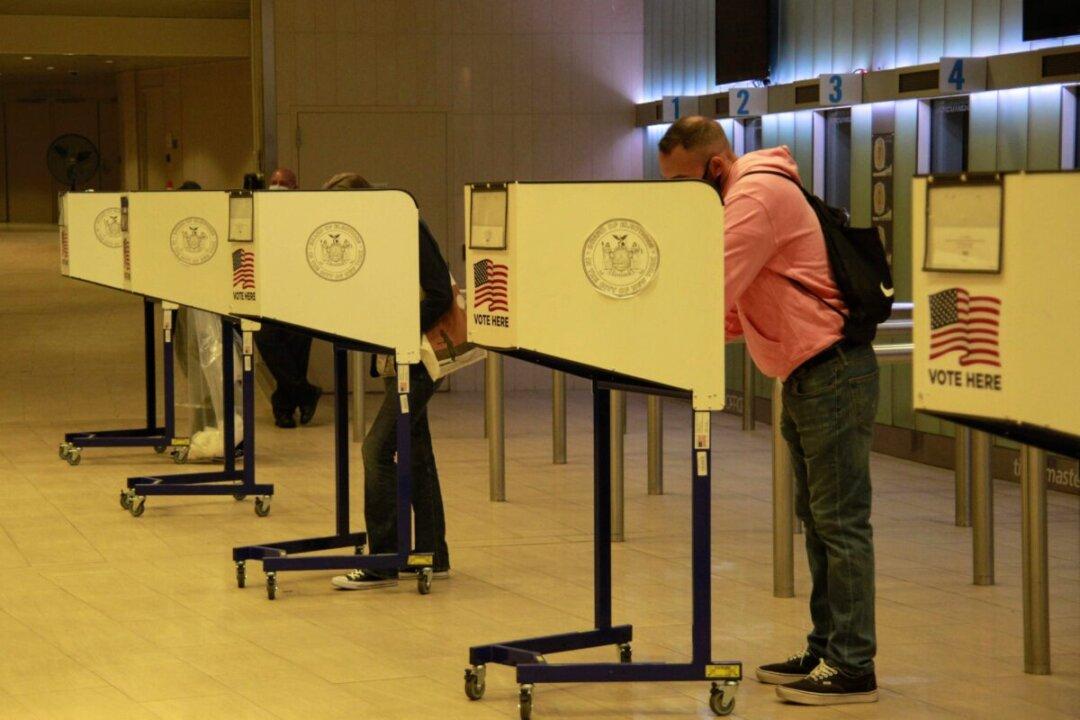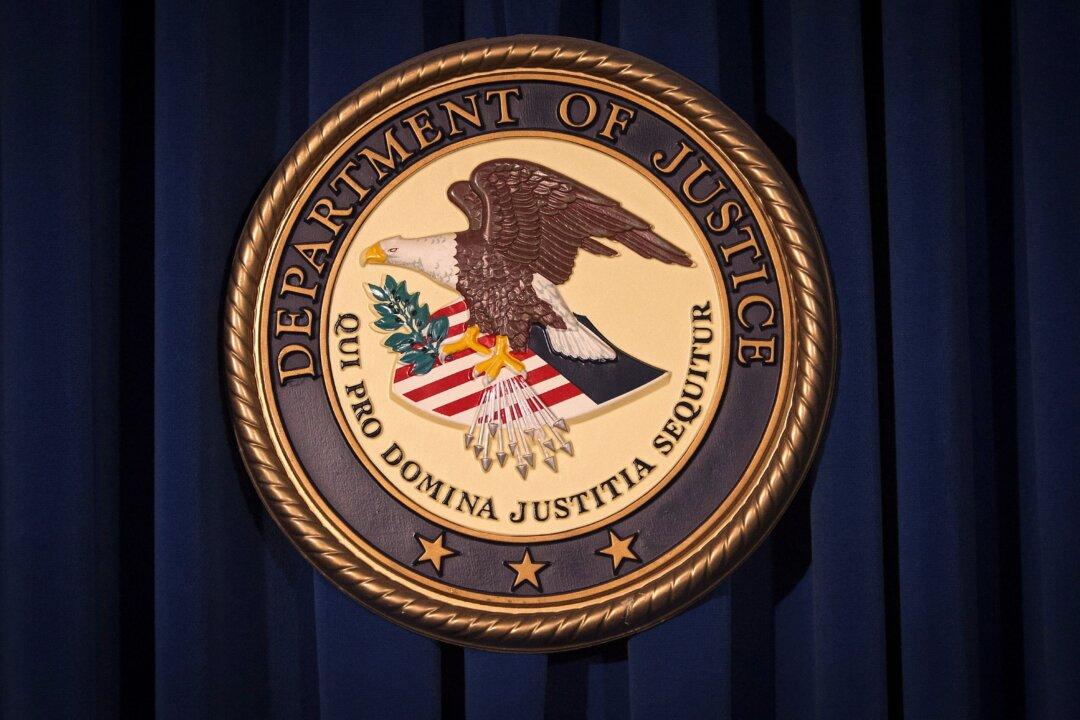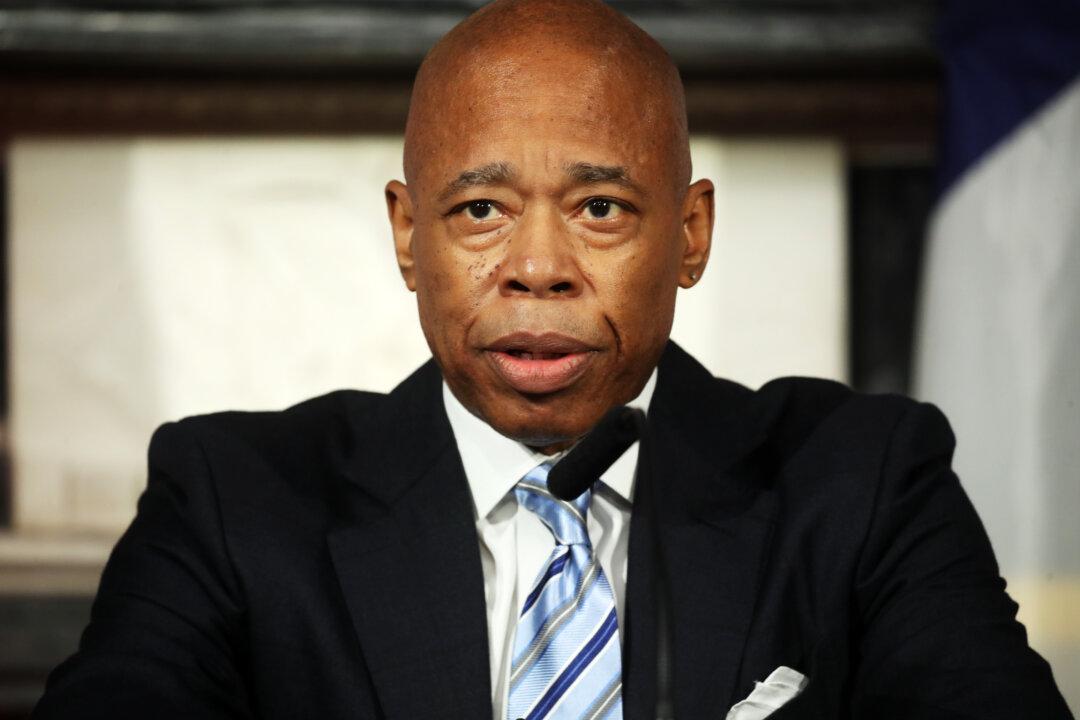On Oct. 5, the premier watchdog group OpenSecrets reported that lobbying groups spent over $151.2 million on voting legislation in the first half of this year to ensure U.S. voting laws are conducive to the needs of Democratic lawmakers.
After Democrats assumed control of the government in 2021, the principal focus of their lobbying has been to secure a minimum of 60 votes so the “For the People Act” (H.R. 1) advances to the Senate floor after Senate Republicans blocked the bill, according to OpenSecrets’ analysis that 122 groups spent more than $119.5 million lobbying to support the bill and other issues.




